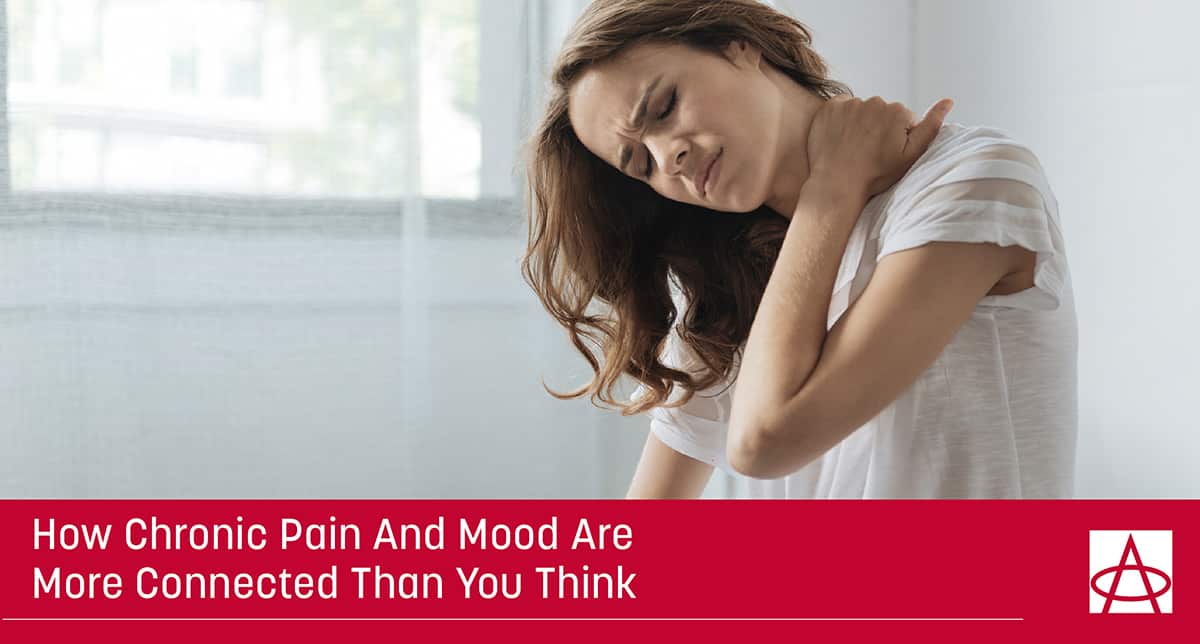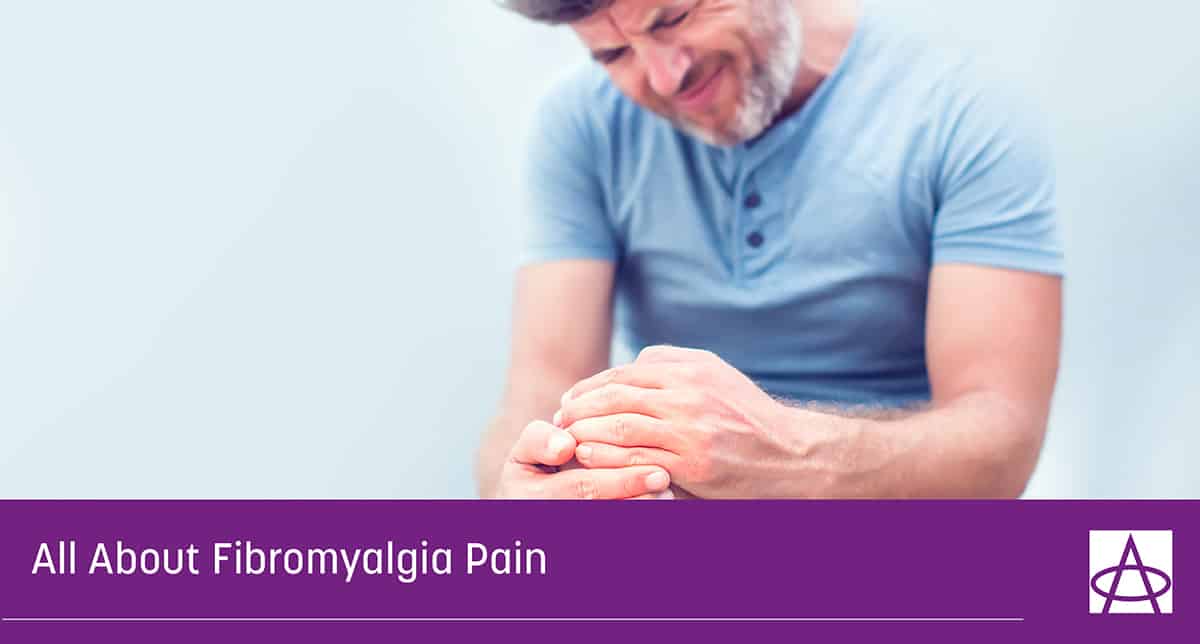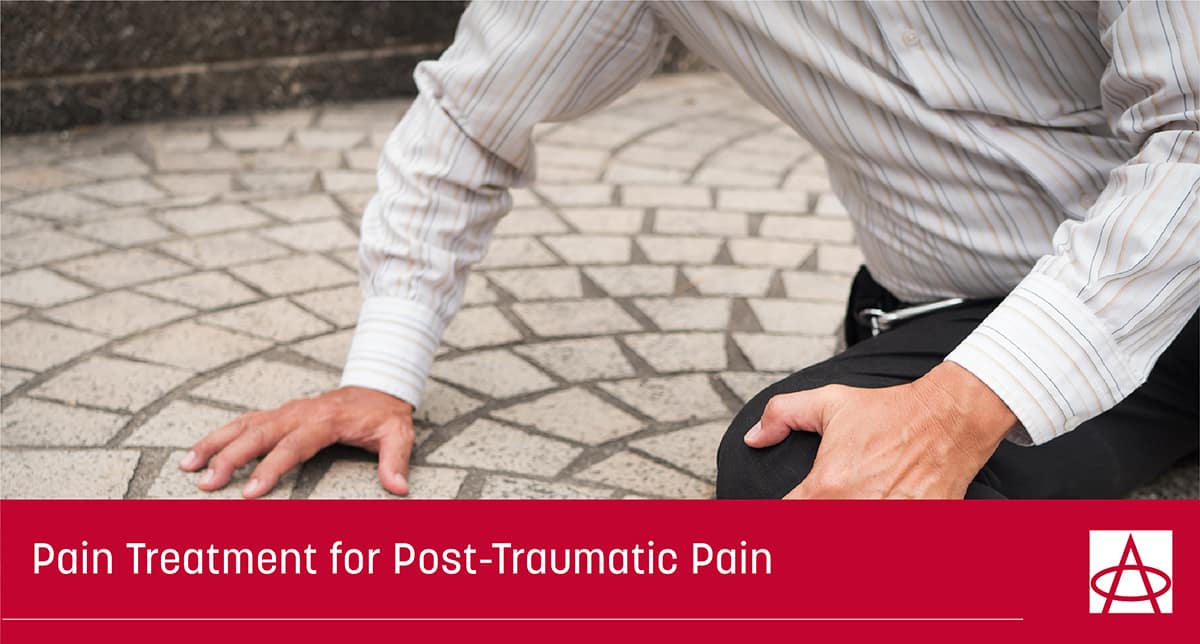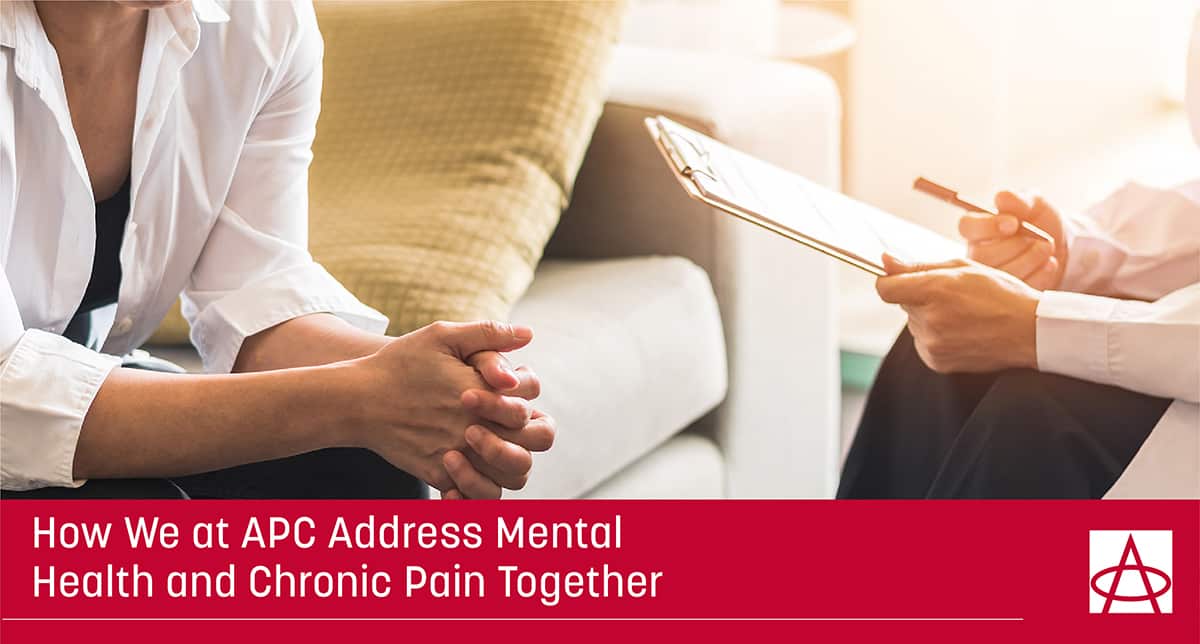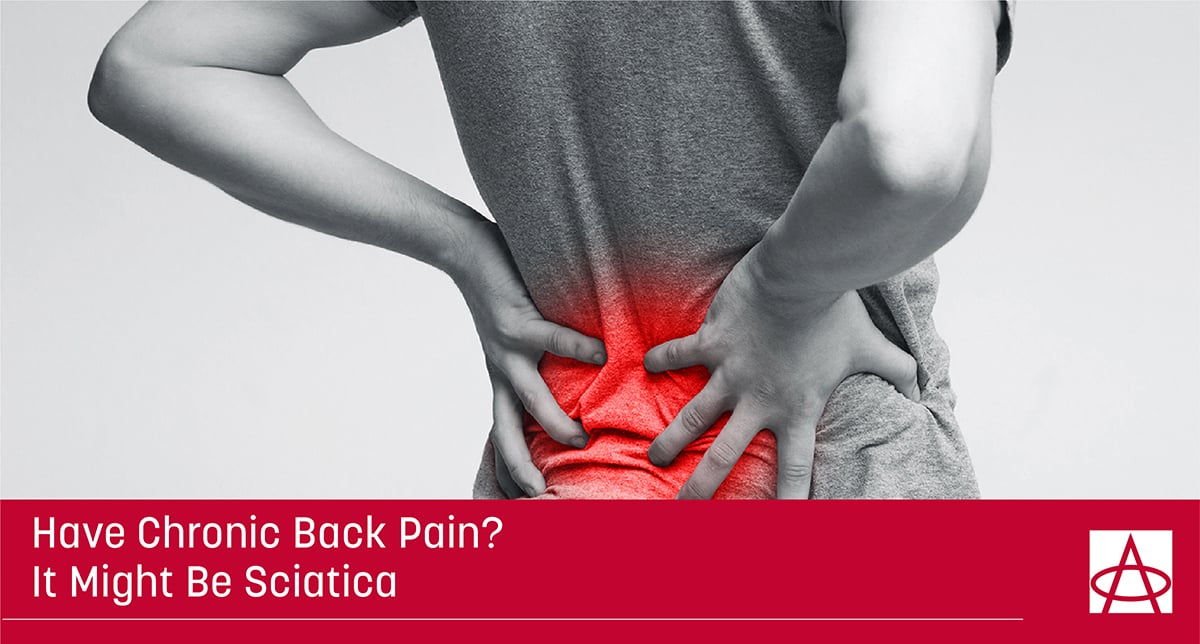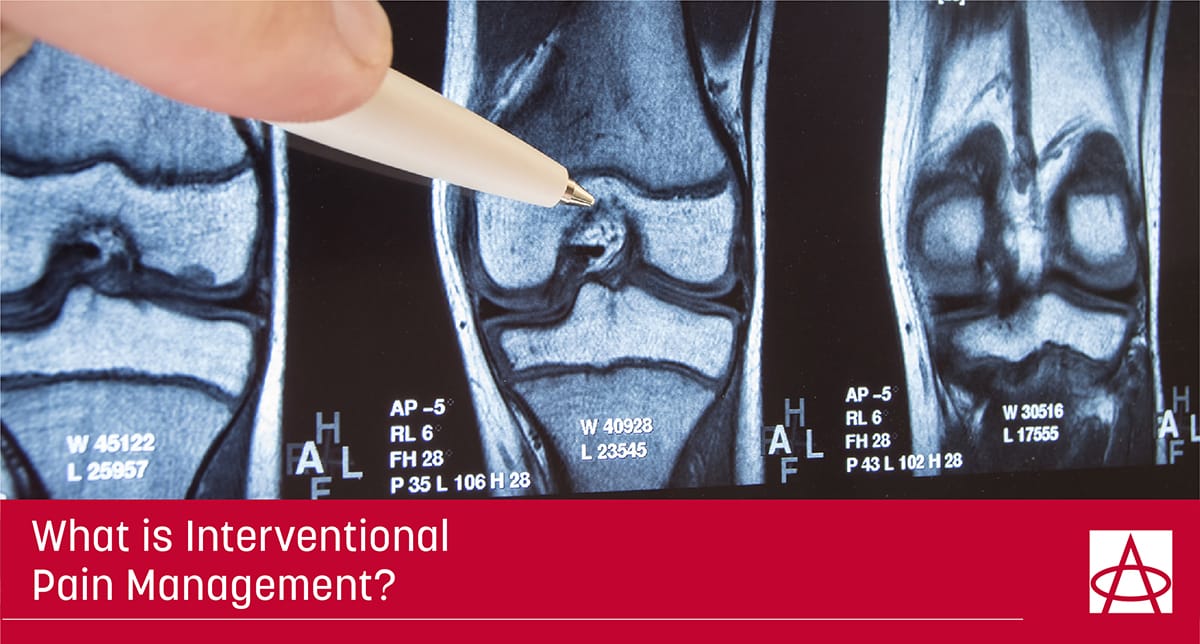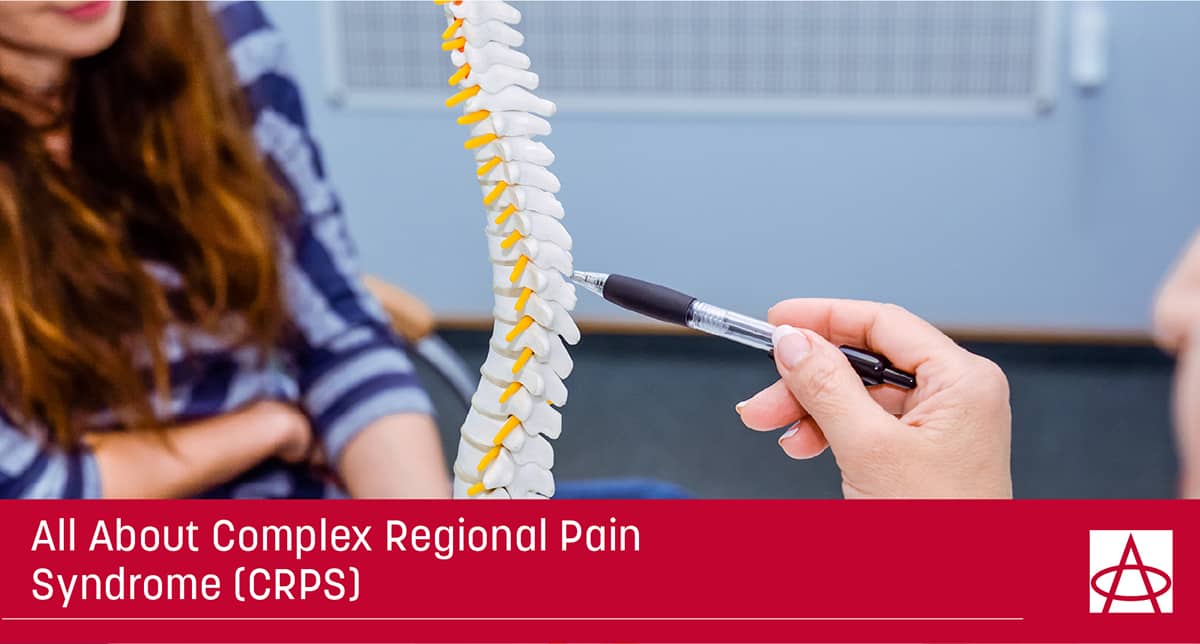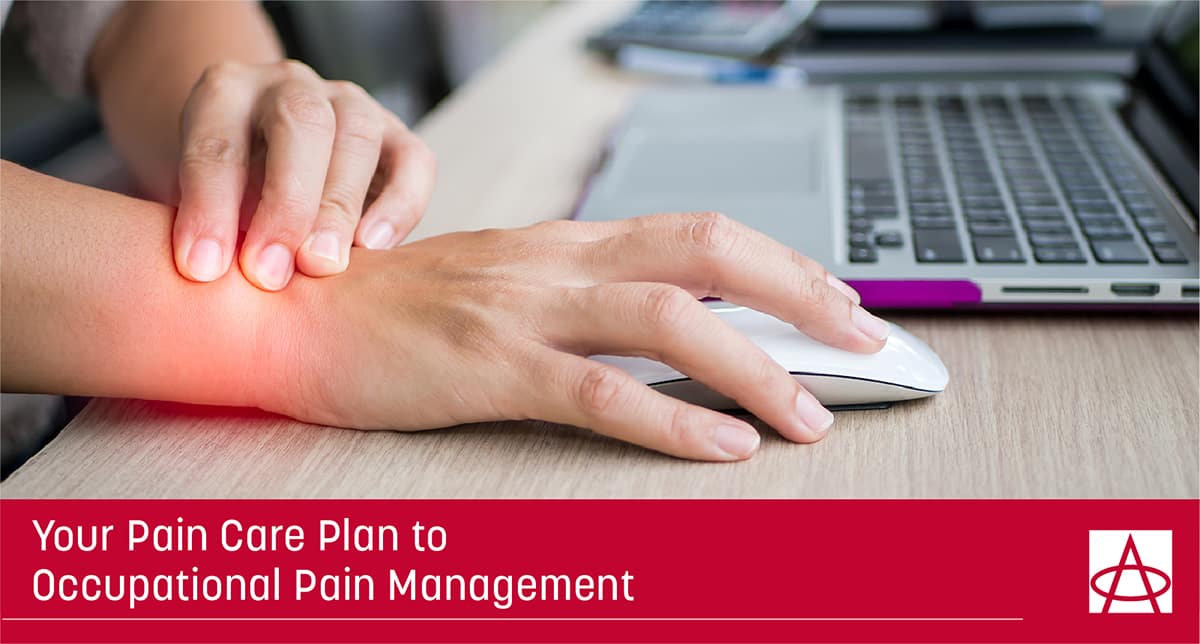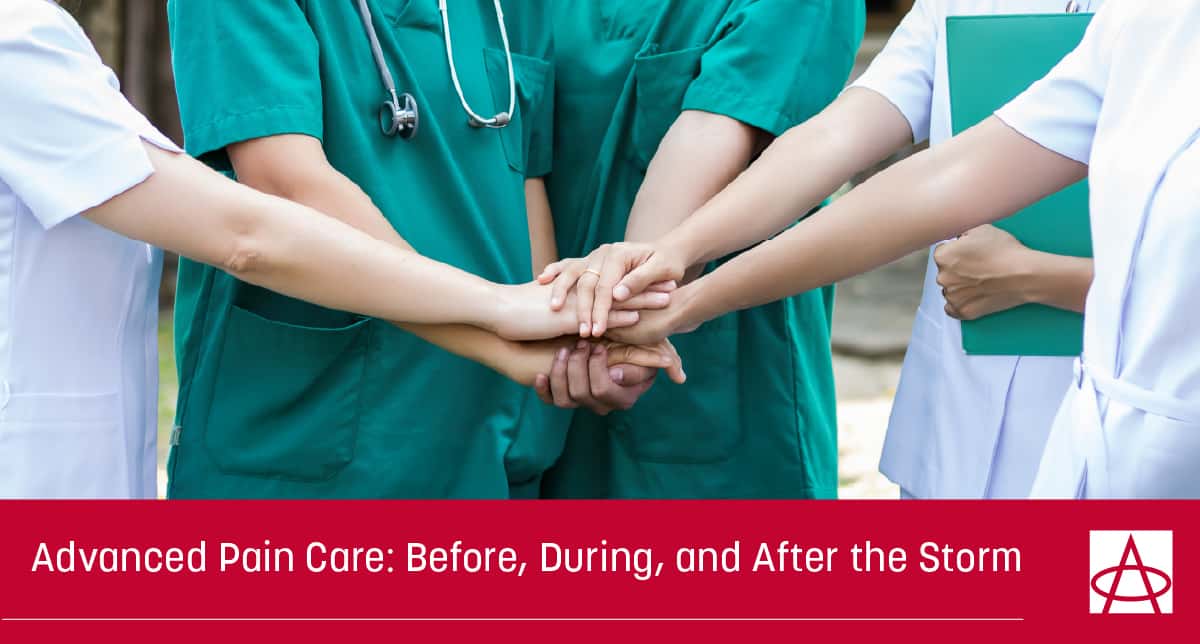How Chronic Pain And Mood Are More Connected Than You Think
By Advanced Pain Care Chronic pain can be a really frustrating condition to live with, and we want to do everything in our power to help you get some relief. We know it comes in all shapes and sizes, but one thing is almost always certain; that your chronic pain and your mood work hand-in-hand. One of the reasons I love working here at APC is because we’re a multidisciplinary pain clinic, meaning we have multiple specialties all under one roof. This means that instead of a patient coming to us, but then us having to re-route them to another clinic, most
How Movement Helps With Chronic Pain Management
By Jeffrey Higginbotham, M.D. Years ago, a study was done where scientists stripped all of the muscles off of a cadaver spine to test how much weight the human spine could really handle just with the ligaments and joints alone. How much weight did it take to break the spine? Just 10 pounds. That means that without the muscles, the spine can barely support our bodies. Knowing the importance of the muscular system shows us a bigger picture: that maintaining our muscles is one of the most important parts of ensuring that our bodies are given everything they need to give us
All About Fibromyalgia Pain
By Samuel B. Pegram, M.D. Sometimes, pain isn’t because of an injury. It’s because of your brain. Fibromyalgia pain is an interesting concept, because it’s actually a neurological issue. Years ago when doctors started learning about fibromyalgia, we weren’t aware that it was a neurological problem. Because people had pain in areas that weren’t their joints, doctors thought it was a muscular problem. And in fact, many years ago, we would actually go about biopsying some areas of tenderness, looking for inflammatory cells that weren’t actually there. Fibromyalgia was called fibritis for a while, because doctors thought it was inflammatory. But eventually, we came
Pain Treatment for Post-Traumatic Pain
By Advanced Pain Care There are many nerves in the body, and Post-Traumatic Pain may happen due to a multitude of reasons. A bike accident, a fall, even surgery could injure one of these nerves that could prolong your pain music longer than you ever thought. It’s important to get a proper diagnosis so you can start your pain management journey right. But first, let’s learn a little bit more about what Post-Traumatic Pain is, what causes it, and how we at APC can help treat it. What is Post-Traumatic Pain? Post-traumatic pain is any pain that lasts longer than it really should; usually
How We at APC Address Mental Health and Chronic Pain Together
By Robin Hendershot, LPC You might not think that a pain care clinic pays much attention to mental health, but one of the things that I love most about working here is being part of a team that knows the importance of addressing both chronic pain and mental health together. I’d estimate that 50%-70% of the clients here at Advanced Pain Care have some sort of combination of chronic pain and depression or anxiety symptoms. That’s a huge number. Let’s answer some questions about how we at Advanced Pain Care address mental health and chronic pain together. Can chronic pain come from depression or
Have Chronic Back Pain? It Might Be Sciatica
By Paul H Le, M.D. About 35% of the population over 40 will have back pain, many of which is chronic pain. There are all different types of back pain, but one of the more common ones is Sciatica. By learning more about signs and symptoms, it’ll be easier for you to get help early on so you can treat your pain easier. Read on to learn more about a common back pain that radiates all the way down to your legs and what you can do if you think you’re suffering from it. What is Sciatica? Essentially, Sciatica is radiating pain, typically down the
What is Interventional Pain Management?
For a long time, Interventional Pain Management had two options-- ice it, or let’s bring you in for surgery. Seems like a pretty big gap, right? Up until the 1980s, pain management seemed to only go down these two roads. For some patients, it meant going in for surgery that they didn’t necessarily need, and for others, it meant dealing with the pain as going into surgery would be too risky for them. Interventional Pain Management is the gap that fills the spectrum of pain-management approaches. It’s helped doctors use diagnoses to apply pain management methods that are more effective than, say,
All About Complex Regional Pain Syndrome (CRPS)
By Adam Spjute, MD What is Complex Regional Pain Syndrome? Complex regional pain syndrome is a syndrome that’s caused from nerves that continue to fire, particularly in extremities (which means the furthest point in a limb) that causes swelling, discoloration and decreased movement when there’s no obvious pathology. There are several components that are necessary for it to fall under Complex Regional Pain Syndrome. You need pain, discoloration, swelling, and generally there’s decreased mobility. How Long Has Complex Regional Pain Syndrome Been Around? The first recorded instance of Complex Regional Pain Syndrome was in the Civil War. There were a lot of scholarly papers and
Your Pain Care Plan to Occupational Pain Management
By Advanced Pain Care Here in Texas, there are a lot of industries and occupations where work/life balance conflicts because of occupational pain. Many people work on their feet all day and don't know that even standing the wrong way could make them more prone to having pain interact with their ability to work. At APC, we have a variety of Occupational Pain Management solutions for these issues, but we first have to identify how each unique patient will interact with certain pain care plans. Firstly, a quick definition: Occupational Pain Management is the treatment of pain that arises from tasks you
Advanced Pain Care: Before, During, and After the Storm
By Chelsea Simon President’s Day weekend was just supposed to be a four-day weekend. But when the President's Day storm started knocking on the door, it was going to take a little longer to get back to “normal…” The problems from the storm went beyond the lack of transportation. We’d been doing that since March of last year, and had gotten quite accustomed to limited social interaction. It was the lack of power and clean water which affected our patients, our doctors, and our facilities, as well as millions of people around the state. Though we got pretty lucky in the grand scheme


